Anyone who wishes to understand the Catholic vote needs to recognize two things from the start. First, there is no reliable “Catholic block” of voters, but there is a sizable group of white Catholic moderates who “swing” back and forth from one party to the other. They can determine the outcome elections, as has been the case in every presidential election since 2000.
White Catholics as a whole made up only 18% of the electorate in 2012, but as a group of 18,000,000 voters the moderates among them are significant.
Next, there is a important distinction to be made between Catholic voters who attend Mass regularly, called “active Catholics,” and Catholic who do not, called “inactive” or “self-identified Catholics.” The latter’s voting pattern is indistinguishable from the national voting pattern, while active Catholics can differ between 4% to 10%, always in favor of the socially conservative candidate, usually a Republican.
On the distinction between active and inactive Catholic voters, see the November 1998 of Crisis Magazine which I edited, containing the groundbreaking study by Steve Wagner and commentary by the late Bob Novak. After the publication of this study and its subsequent — and successful — implementation in the 2000 and 2004 presidential elections, the distinction has become standard in the political analysis of Catholic voters.
Pope Francis
Whether he intended it or not, Pope Francis has re-energized the Catholic left, the so-called “social justice” arm of the Catholic electorate. This means that those lay leaders and clergy who have been taking heat for downplaying the life issues will be able to point to the new Holy Father who said, Catholics should not be “obsessed” with abortion. It won’t matter that Pope Francis has repeatedly condemned abortion as an “unspeakable crime,” because in politico-speak you never get past the first distinction. Any further distinctions are ignored or dismissed.
Immigration
Catholics rightly call immigration policy a prudential matter, but it has become de facto a nonnegotiable at the USCCB, so much so that much of the clergy — and particularly Catholic Democrats — now include immigration as a “life issue.” It will not matter in the 2016 campaign that this position is wrong or that Catholics are not morally obliged to accept the bishop’s position on immigration.
The GOP, Catholic Republicans, and “conservative Catholics” will be pounded repeatedly on their supposed immigration stance, the assumption being they’re opposed to the bishops and to Pope Francis. Even Catholic presidential candidates, Sen. Rubio and former Gov. Bush, who have supported immigration reform — and paid a political price — will be found wanting.
Environment
Pope Francis has promised an encyclical on the environment. It has already been drafted by Cardinal Peter Turkson and is being readied for publication sometime later this year. If the Holy Father writes in support of the dubious global warming theory, it will hand the Democrats and the Catholic Left a very large cudgel to use against the GOP and Catholic Republicans in particular.
It will not matter what precisely the Holy Father says about the prudential issue of environmental public policy, his words will be treated as “Church teaching” in support of all the pro-abortion Catholic Democrats running for office. In truth, it will not matter if Pope Francis specifically endorses global warming. As long as he addresses “climate change,” which he assuredly will, the Catholic left will be free to claim the Holy Father has made global warming part of “Church teaching.”
With the addition of both immigration and environment arrows in their issue quiver, left-wing Catholic activists will have quite an advantage going into 2016.
Obamacare
The issue of religious liberty and taxpayer-funded abortion failed to make much of a dent in the 2012 presidential election. The reasons were multiple: a weak GOP candidate who ran from all the life issues; Catholic leaders such as Sister Carol Keehan, president of the Catholic Medical Association, offering Obama cover; and the tepid response of the USCCB, signaling to the White House a tacit acceptance of healthcare reform regardless of its abortion coverage. The presidential debate — not necessarily the congressional debates — will move from Obamacare, taxpayer funding of abortion, gay marriage, and religious liberty to the fate of the Pain Capable Act, see below.
Pain Capable Unborn Child Protection Act
The most important Congressional legislation since Roe v Wade (1978) was withdrawn from the House floor under pressure of pro-life Republican women citing concerns about its reporting requirement for rape and incest victims. That it was withdrawn on the day of the annual March for Life, when it had been promised by House leadership, was especially galling for the pro-life community, which is predominately, if not entirely, Republican.
If the Pain Capable Bill is not brought to the floor of the House and the Senate this year, where it would undoubtedly pass, a large percentage of the GOP ground troops will feel much as they did in 2012 when Romney ran away from any discussion of abortion or marriage. Pro-lifers once again will feel the Republican establishment had stabbed them in the back. It’s simply not possible for any Republican presidential candidate to win the White House without the active support of pro-life activists.
Hispanic Catholics
Hispanic Catholics are a growing segment of Catholic voters, now over 20%. (Hispanic voters represented 8% of all 2014 voters.) The voting record of Hispanic Catholics does not differ significantly from Hispanic voters in general, thus raising a question about the oft-repeated claim that Hispanic Catholics are “natural” social conservatives and ripe for wooing by the GOP.
Hispanic voters did respond as a group to President George W. Bush’s reelection effort, voting 44% in his favor over John Kerry. But the ugly immigration debate of 2005 put an end to that trend towards the GOP among Hispanic voters. In the congressional election of 2006, Hispanic votes for GOP candidates dropped by 50% with Romney receiving only 27% of the Hispanic vote in 2012.
Hispanic Evangelicals vote very differently from Hispanic Catholics — they consistently favor social conservatives by a large margin, a fact worth pondering.
Catholic Candidates
At present there are three Catholic GOP candidates: Rubio, Santorum, and Bush. The only Democratic Catholic candidate on the horizon is former Gov. Martin O’Malley of Maryland, who given the growing resistance against Hillary Clinton’s candidacy may move towards center stage.
Given the addition of immigration and possibly environmentalism as Catholic issues on the 2016 campaign, O’Malley would be somewhat shielded from his abortion advocacy — his support of federal funding for abortion — as well as his dismissal of the religious liberty issues arising from his support for Obamacare. He’s relatively young and attractive, so JFK nostalgia will naturally flow in his direction.
Rick Santorum’s moment came in 2012 when he was within a few primary victories of the nomination. It’s doubtful that moment will return. Both Bush and Rubio have already gained some momentum, in spite of their intra-state rivalry. Putting aside the issue of fundraising and political infrastructure, both Bush and Rubio will have a reasonable defense against charges they have ignored the Church’s “teaching” on immigration, but their record will be ignored since they belong to the party still besmirched with, and in some cases cases still practicing, the anti-immigration rant of 2005.
However, any of these three candidates will eventually receive the wholehearted support of the pro-life ground troops. Santorum would be their first pick, but the records of both Rubio and Bush would win them a solid following, after some initial grousing.
In sum, Catholics voters who hope our nation can recover from eight years of an Obama presidency face serious challenges. The ongoing battle with the Catholic left has been made more difficult by the papal encouragement of the Cuomo-Kennedy legacy of social justice Catholicism. This cannot be overcome by the emergence spite of stronger pro-life, pro-marriage leadership by individual bishops.
Until the culture of the USCCB undergoes a radical conversion, the message of Catholic bishops to Catholic voters in the U.S. will not favor candidates who espouse life, marriage, and the rejection of euthanasia. The settled moral issues of the Catholic faith, those that bear no qualification, will continue to be paid lip service by most Catholics.
The only solution is for lay Catholics to amplify the voice of individual bishops who are leading on these issues, create a loose grassroots network of Catholics nationwide, and outwork and out-shout the newly-energized and well-funded organizations who publish lies about the faith to support pro-abortion and pro-gay marriage candidates.

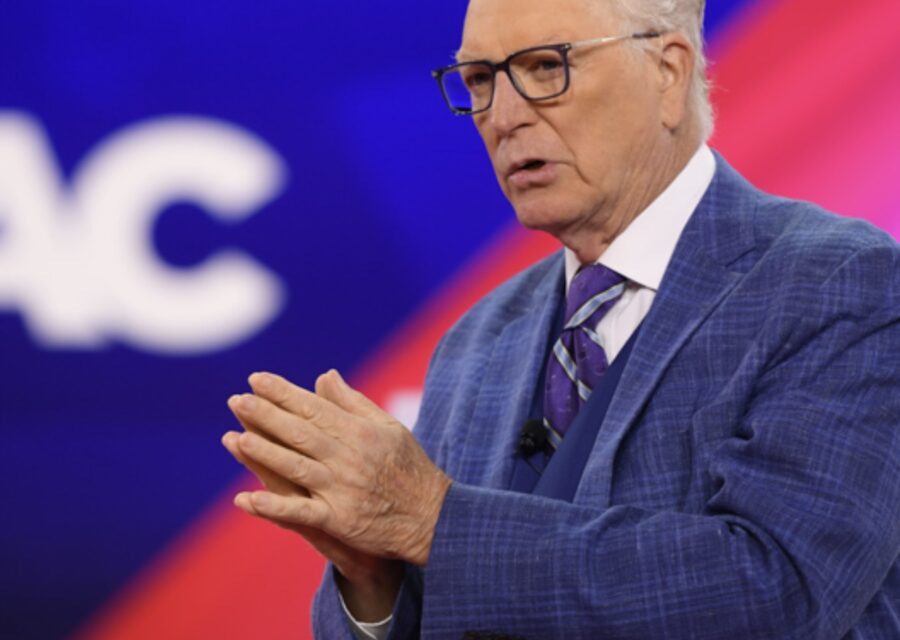
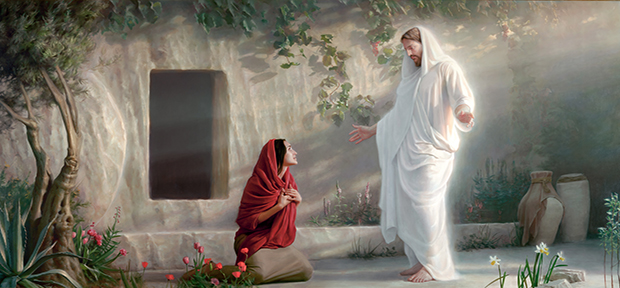
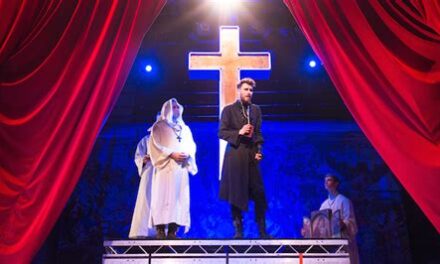
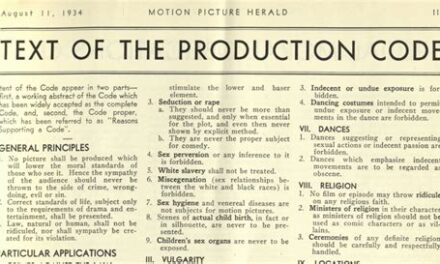
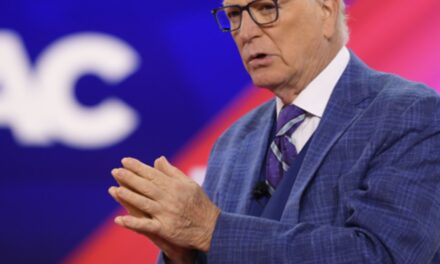









If the Pope supports Obama who has caused division and stress for all of us in America and the world, alone with his workers, who promises utopia, who downplays Christains suffering at the hands of Terroristic, who goes after Nuns, little sisters of the poor for goofiness sake! I could go on and on. IF the Pope supports that man, I, who became a Catholic two years ago, from a whole life as a Protestant, I wlll have to leave the Catholic Church. And that will make me sad. My main reason for going to Catholic is because I saw there a reverence of God and a strong stand against sin and evil that I saw leaving the Protestant church for more entertainment and less about God’s word.